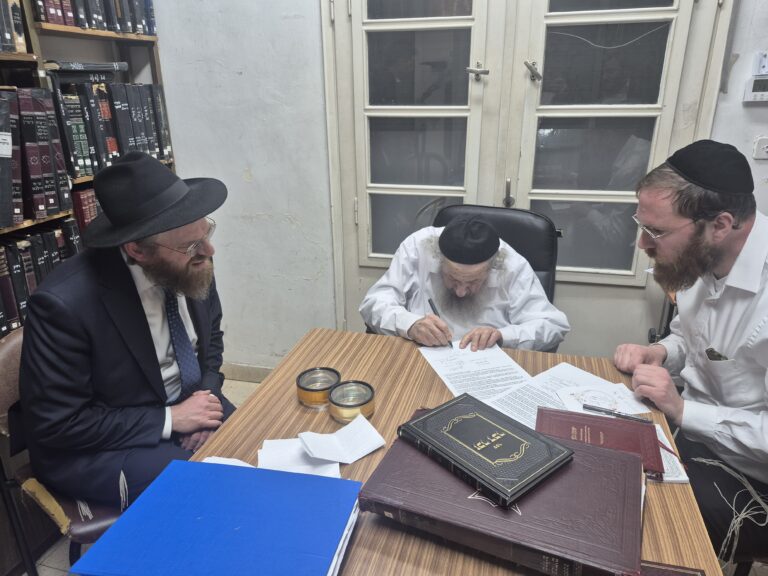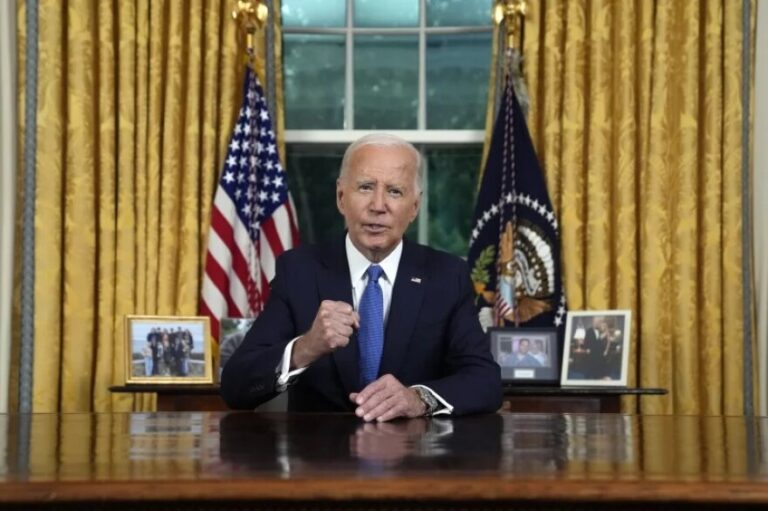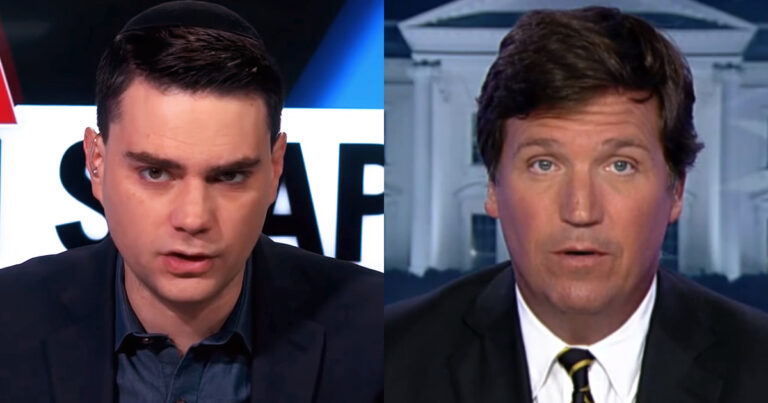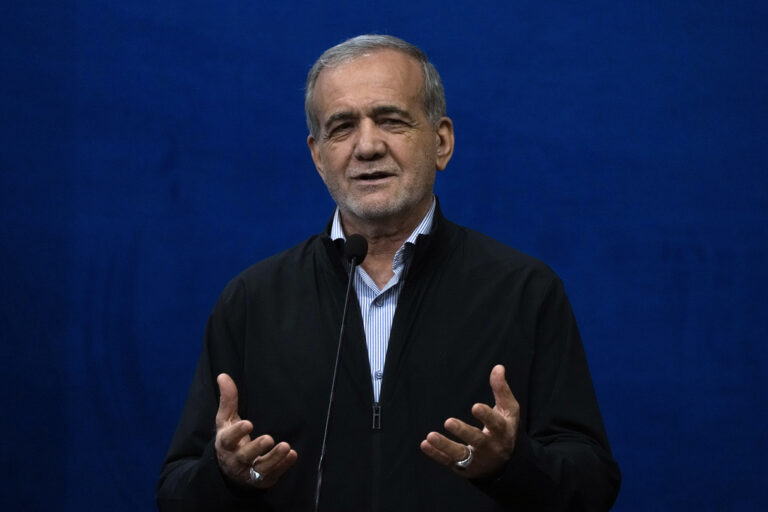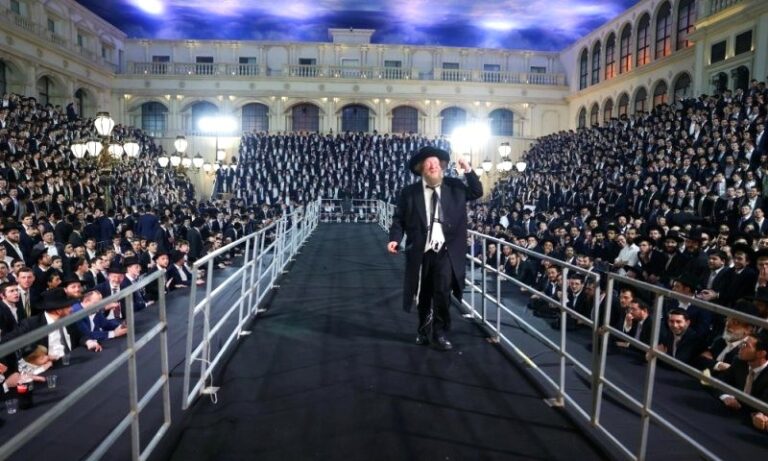New York will lift more COVID-19 restrictions when the state of emergency expires later this week, Gov. Andrew Cuomo said Wednesday.
The state of emergency expires Thursday, he said, meaning that it lifts Friday.
New Yorkers will still have to wear masks on public transit, hospitals, nursing homes, correctional facilities and homeless shelters, in accordance with federal guidance. Students and staff still have to wear masks at schools indoors until the end of the school year — though the Department of Health didn’t say Wednesday whether that rule applies for summer school, for example.
But Cuomo’s announcement Wednesday means public meetings, for example, no longer must occur virtually.
And bars and restaurants will no longer be able to sell wine, liquor and cocktails to-go, according to the state liquor authority.
Meanwhile, businesses can keep stricter COVID-19 restrictions in place. And COVID-19 restrictions remain in place for large indoor venues that hold more than 5,000 people: Attendees must produce proof of vaccination, or wear masks and present proof of negative test results.
“Fighting COVID & vaccinating New Yorkers are still top priorities, but the emergency chapter of this fight is over,” Cuomo tweeted.
It’s the governor’s latest announcement about lifting COVID-19 restrictions at a time when rates of new positives are dipping to record lows as more New Yorkers get vaccinated. And it follows months of pushback from Republicans and business groups who have called for Cuomo’s executive power to be reigned in.
Cuomo already has the power to temporarily suspend or change laws in a state of emergency.
Cuomo had been extending the state of emergency since spring 2020, when lawmakers gave the governor the power to start passing statewide COVID-19 mandates without needing legislative approval.
Cuomo used those emergency powers to shutter schools and businesses, mandate masks and social distancing, set eligibility rules for vaccinations and limit how many people could gather together.
Earlier this year, lawmakers curtailed those powers: Cuomo has largely been limited to extending or tweaking existing COVID-19 orders if he gives legislative leaders notice.
In past weeks, conservatives and advocacy groups have pushed Cuomo to repeal the remaining COVID-19 restrictions, including mask mandates for schoolchildren and business restrictions.
The New York State Association of Realtors, for example, urged Cuomo to let the state of emergency expire so realtors could once again conduct telemarketing cold calls.
“There is a critical housing shortage and this ban is making it worse by stopping us from developing new listings,” reads a call for action on the group’s website.
Industry groups representing restaurant and bar owners said that to-go alcoholic beverage sales have proved popular over the last year — though to-go beer sales are still allowed. The Empire State Restaurant and Tavern Association has blasted lawmakers for failing to pass a bill to extend to-go sales, and has blamed lobbyists representing liquor stores for spreading “disinformation” that to-go sales were fueling “massive drunk driving.”
Nationwide at least 15 states have made cocktails to-go permanent, while 12 states have extended to-go sales, according to Lisa Hawkins, spokesperson for the Distilled Spirits Council. She called New York’s failure to pass the bill “shocking and extremely disappointing” for the state’s hard-hit hospitality industry.
Some municipalities have already lifted their own COVID-19 states of emergency in recent days: Kingston, New York, is no longer requiring health screenings for employees and visitors, though unvaccinated individuals still have to wear a mask in city buildings.
“We expect that in-person meetings will begin to take place in the weeks ahead as our new equipment arrives and is installed,” Kingston Mayor Steven Noble said in a statement.
Cuomo began lifting COVID-19 mandates in February, when New York was seeing high levels of COVID-19 cases and hospitalizations.
In May, as the rate of new cases plummeted, he ended capacity-based restrictions for most businesses.
And last week, Cuomo lifted rules that required many types of businesses to follow cleaning and health screening protocols and ensure customers had space to stay 6 feet (2 meters) apart.
An average of 326 people have tested positive for COVID-19 in New York in the seven days through Tuesday, the lowest amount recorded since March 2020. About 52% of residents are fully vaccinated, with rates as low as 32% in Allegany County in western New York, 39% in the Bronx and 42% in Brooklyn.
(AP)




